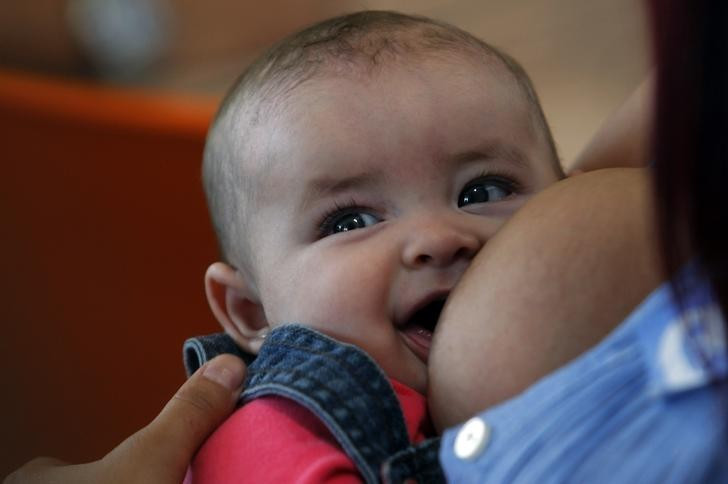Babies Scanned in Womb Unlock Secrets of the Brain

- Scientists will scan 1,500 foetuses and babies to see how the brain develops
- Faults in the wiring between different brain areas could be the cause of autism or attention disorders
- At 30 weeks old, the foetus is developing the cerebral cortex, our 'thinking area'
Scientists are scanning the brains of 500 unborn babies using a revolutionary new imaging technology in an attempt to trace the origins of mental disabilities such as autism, attention deficit disorders and schizophrenia.
King's College London researchers are using a magnetic resonance imaging (MRI) system to map how brain cells grow and connect.
The system, which is linked to super-computers, can scan through the bodies of pregnant women to take pictures of babies' brains, even if they are moving around.
The purpose is to create a diagram of the wiring inside the foetal and infant brain, the "baby connectome".
This shows how brain structures such as the cerebral cortex (where thinking happens) and the hippocampus (which controls memory) develop and start to work.
The 3D images created of the brain can be used to alert parents if the foetus is developing abnormally.
"We want to create a series of atlases showing the human brain at different stages in development," Professor David Edwards, director of the Centre for the Developing Brain, at King's College, told the Sunday Times.
Previously, brain scans were less detailed because unborn babies are rarely still.
The new technique allows scientists to take many more pictures, creating a very detailed composite picture.
Professor May Rutherford, a neuro-imaging specialist, said the project, which starts this month, would start imaging foetuses at just 19-20 weeks old.
"My dream is that in future any parent, especially those whose babies are at high risk of disease, could have an MRI and get a readout of their child's whole brain, plotted automatically into charts to compare them with normal."
"Infancy may be the most important phase of postnatal brain development in humans," says Dilara Deniz Can, a postdoctoral researcher and lead author of a study investigating the future language skills of babies, published in the journal Brain and Language.
Children's language skills rapidly progress after they reach their first birthdays, but little is known about how infants' early brain development seeds that path.
Identifying which brain areas are related to early language learning could provide a first glimpse of development going awry, allowing for treatments to begin earlier.
© Copyright IBTimes 2025. All rights reserved.






















